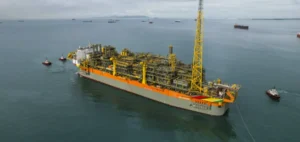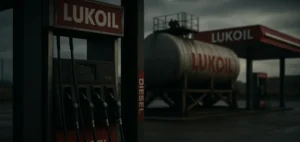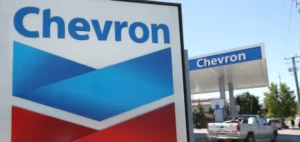The US Department of Energy (DoE) has decided not to proceed with the purchase of up to 3 million barrels of oil for the Strategic Petroleum Reserve (SPR) in Louisiana for August and September. This decision comes as crude oil prices reach their highest level since late October, against a backdrop of tensions in the Middle East and between Ukraine and Russia affecting supplies. This cancellation underlines a new sensitivity to oil prices on the part of the Biden administration.
SPR filling strategy
The DoE’s strategy for filling the SPR was to benefit taxpayers from the 180 million barrels of oil sold in 2022 at an average price of $95 a barrel to counter the rise in energy prices due to Russia’s invasion of Ukraine. “Keeping the taxpayer’s interest at the forefront, we will not allocate for the Bayou Choctaw SPR site in August and September, and will continue to solicit available capacity based on market conditions,” said a DOE spokesperson.
Impact on oil demand and prices
Without deliveries to Bayou Choctaw, the SPR is still expected to receive 18.7 million barrels by the end of September, generating crude oil demand of around 100,000 b/d. “Price sensitivity” emphasized by analysts at ClearView Energy Partners reflects an increased caution on the part of the administration about the possibility of pushing prices even higher.
Geopolitical conflicts and global supply
Ongoing geopolitical conflicts, including Iran’s accusation of an Israeli air strike on the Iranian consulate in Syria, and the prospect of OPEC extending its supply cuts, exacerbate the prospects of supply tightening. Mars crude oil price differentials widened after the DOE purchased 2.8 million barrels of oil for the SPR at an average price above its announced target.
Despite the cancellation of the Bayou Choctaw project, the DoE is continuing with its planned purchases for the Big Hill site in Texas. The dynamics of these purchases and the overall replenishment strategy reflect the department’s ongoing commitment to maintaining the strategic reserve as a critical national security asset, while navigating carefully in a volatile market environment.





















